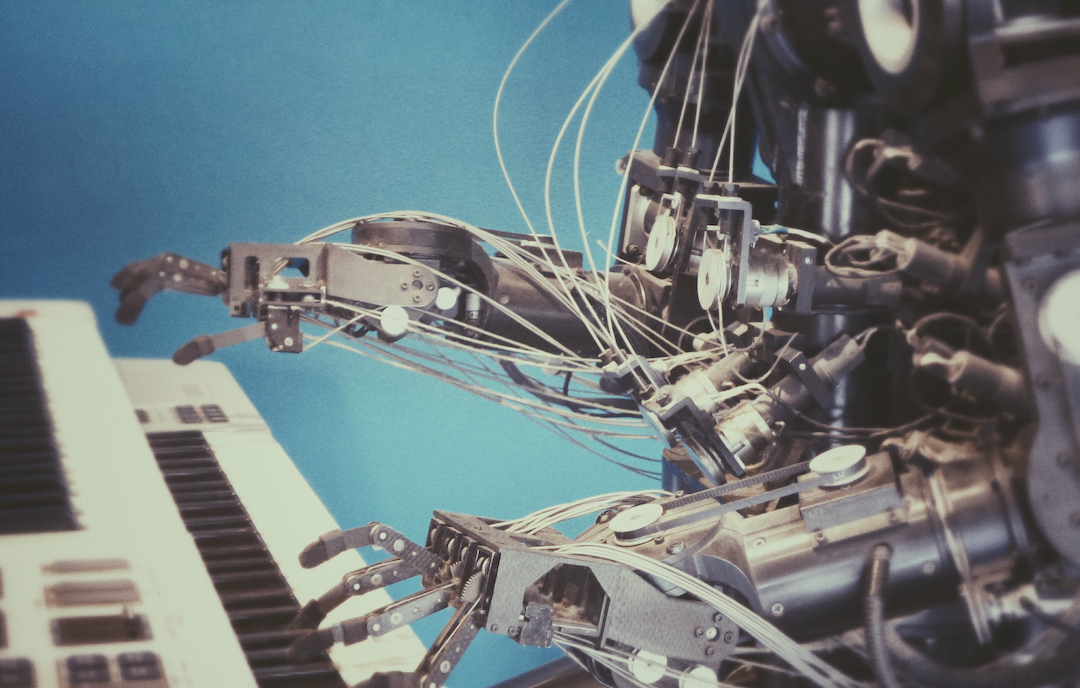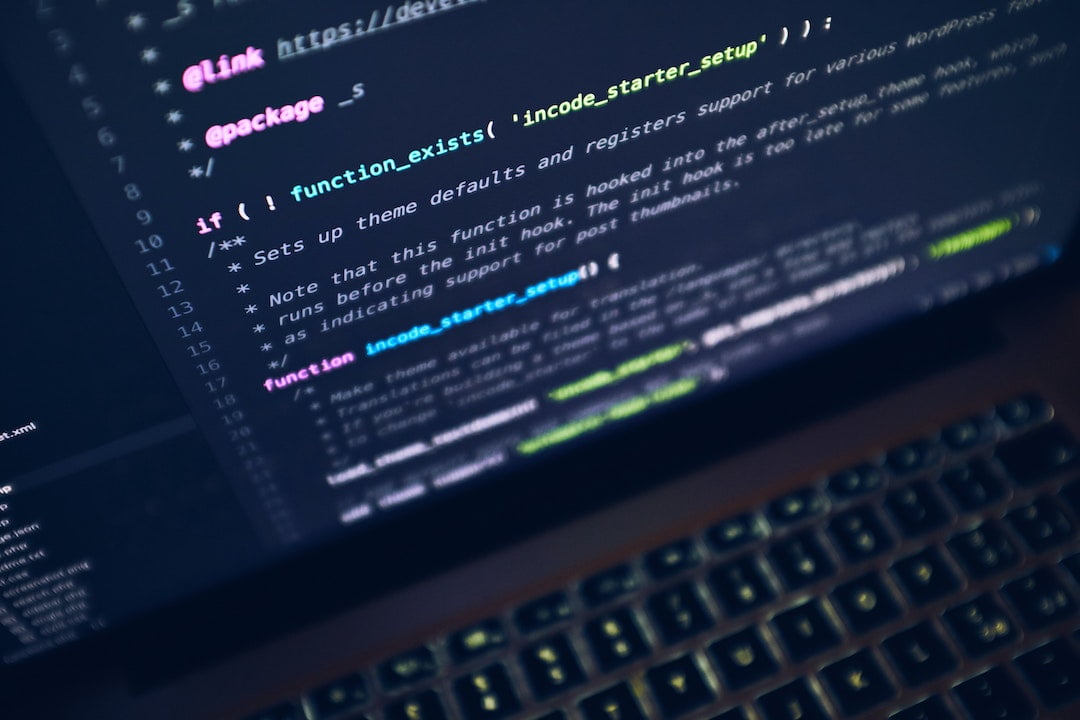Artificial intelligence is revolutionizing the way we access and interpret information, and it’s impacting sectors like HR.
With platforms like ChatGPT breaking into the market, a global consciousness of the role of technology in industry is getting stronger and stronger. More than ever, people are relying on their tech to assist them in their work.
But what does that mean for HR? Companies like Microsoft, Google, and intelliHR are good examples of the technological revolution at our doorstep.

The basics
Artificial intelligence is a computing methodology aiming to interpret and present information, analyse data, and simplify the online world.
Recently though, scientists have developed more complex machines, which can even teach themselves new things. This has led to abilities such as writing poems based on questions input into its systems.
This new skill is made possible by two recent developments – machine learning and deep learning.
Machine learning refers to the ability for computers to learn or adapt without being told to do so. This is achieved when scientists provide systems with algorithms to analyse data patterns and make self-improvements. Similarly, deep learning is a direct attempt to mimic the human brain through a neural network that gives AI the ability to learn, make predictions, and correct itself.
With such significant skills now being given to our technology and software, it is not hard to see the repercussions this could have on all sectors of society. In particular, the business and HR world is facing a new reality where AI can simplify the workload. But is this a blessing? Or should we be worried about a technological takeover?

Getting down to business
For many, introducing AI to the business sector has its benefits. Technology is an easy way to complete repetitive, detail-oriented tasks while reducing the margin of human error. Plus, with machine learning on the rise, the skills of the AI will continue to increase over time.
One such program has been introduced by intelliHR, which is using AI to improve company insights into people’s decisions. Developed by HR experts, the system allows direct access to data sets and uses HR analytics to predict patterns in business. This shows how many non-tech industries are adopting AI practices. By using this tech, intelliHR can help customers to make better and more informed decisions, increase retention, and create better performance management opportunities. Clearly, some programs provide vast advantages.
However, there are some downsides to AI in business and HR. Programs like ChatGPT pose serious challenges to the future of human-led business. ChatGPT is a bot that can answer questions and provide responses. It’s also creative, and adapts over time. It can complete tasks like emailing a boss, finishing an essay, or compiling a list of local businesses.
Kevin Roose, technology columnist for the New York Times says “it’s an entirely new way of interacting with information on the internet, one whose full implications I’m still trying to wrap my head around.”
As a relatively new project, we’re yet to see the full implications of this new AI. However it certainly raises questions about the power technology continues to have, and what risk it poses to human-led business in the future.

Advance Australia
Though there are both positive and negative elements of this digital transformation, Australia is taking the charge to become a leading body on AI around the world.
Already, the government is in collaboration with international organizations to develop AI. As one of the founding members of the Global Partnership on Artificial Intelligence (GPAI), Australia has a strong focus on promoting cutting-edge research on AI-related tech.
This is evident in the establishment of a National Artificial Intelligence Centre in partnership with the CSIRO. It aims to provide all Australians with the opportunity to join the AI ecosystem, and prioritises technological development.
In fact, last year the Australian government offered $44 million to establish AI and Digital Capability Centres across the country. Clearly, there is a strong desire for enhancing our technological capabilities, in order to set ourselves apart from other countries.
While it remains to be seen whether the continued use of AI will damage industries like business and HR, for now it seems that technology is only simplifying workloads and making both worker and customer experiences more enjoyable.
To learn more about the impact of technology, click here.

